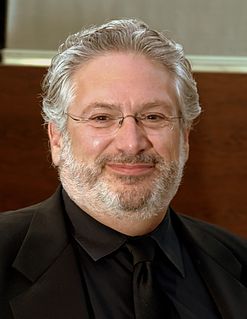A Quote by Claron McFadden
When you see a singer on stage who is 100% committed to the personality, character and temperament of the role being sung, it's truly awesome and very powerful.
Quote Topics
Related Quotes
Commitment is a big part of what I am and what I believe. How committed are you to winning? How committed are you to being a good friend? To being trustworthy? To being successful? How committed are you to being a good father, a good teammate, a good role model? There's that moment every morning when you look in the mirror: Are you committed, or are you not?
The "stage" on which you perform in film and TV is much smaller. Moving your eyes across the frame is equivalent to crossing from stage right to stage left in a big Broadway house. Coming from a theatrical background and temperament, this is something I am still learning. However, I think ultimately your responsibilities to the character and the overall story are the same in both mediums, so my approach felt very similar.
You are only as powerful as that for which you stand. Do you stand for more money in the bank and a bigger house? Do you stand for an attractive mate? Do you stand for imposing your way of thinking upon others? These are the stands of the personality seeking to satisfy its wants. Do you stand for perfection, for the beauty and compassion of each soul? Do you stand for forgiveness and humbleness? These are the stands of the personality that has aligned itself with its soul. This is the position of a truly powerful Personality.
We could almost say that being willing to be a fool is one of the first wisdoms. So acknowledging foolishness is always a very important and powerful experience. The phenomenal world can be perceived and seen properly if we see it from the perspective of being a fool. There is very little distance between being a fool and being wise; they are extremely close. When we are really, truly fools, when we actually acknowledge our foolishness, then we are way ahead. We are not even in the process of becoming wise — we are already wise.



































